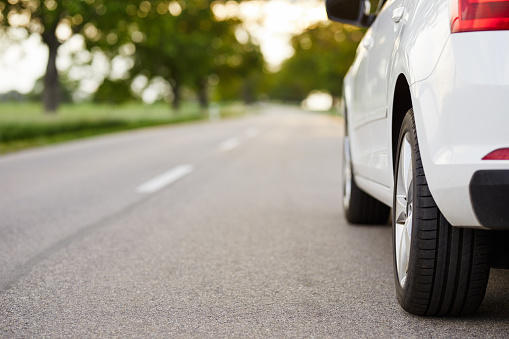You may not always realize it, but your car can hold a lot of information about you. Holding personal contacts, location information and more, essentially makes them “roving computers.” So, how does that impact the fourth amendment?
The fourth amendment is what protects you from unreasonable search and seizures. However, there’s a “vehicle exception,” which means police don’t need a warrant to search your car for physical items.
Now, the American Civil Liberties Union (ACLU) says that data isn’t covered under that exception. Spurred by the case Mobley v. State in Georgia, the ACLU argued in an amicus brief that “cops cannot conduct warrantless searches of computers — even if that computer happens to be on wheels.”
The Mobley case began after a deadly car crash in Georgia. Police took data from the Event Data Recorder — or “black box” — on Mobley’s car in order to figure out his speed before the crash. They used this information to increase the severity of charges against Mobley.
“Black boxes can record a litany of data, including speed, seatbelt use, size and position of people in the car, and other information in the seconds before and after a collision,” the ACLU stated, going on to add that these devices are more common than most drivers think.
About 99.6 percent of consumer light vehicles sold today already have a black box equipped, according to the Federal Register. To understand why police are able to just take this information without a warrant is an issue, the ACLU compared it to your phone.
Think about it — your car and phone can carry the same information — personal contacts, location, emails, biometrics, and more. However, if the police want to look through your phone, they have to obtain a warrant first, due to the Fourth Amendment.
“Our smartphones, computers, and cars have a lot more in common than we may realize. It’s time they share the same Fourth Amendment protections as well,” Nathan Freed Wessler — staff attorney with the ACLU’s Speech, Privacy, and Technology Project — said.
On Wednesday, the ACLU will appear as a friend-of-the-court before Georgia’s Supreme Court. Whatever rule the state sets will set a precedent for how personal car data is protected in the future.

